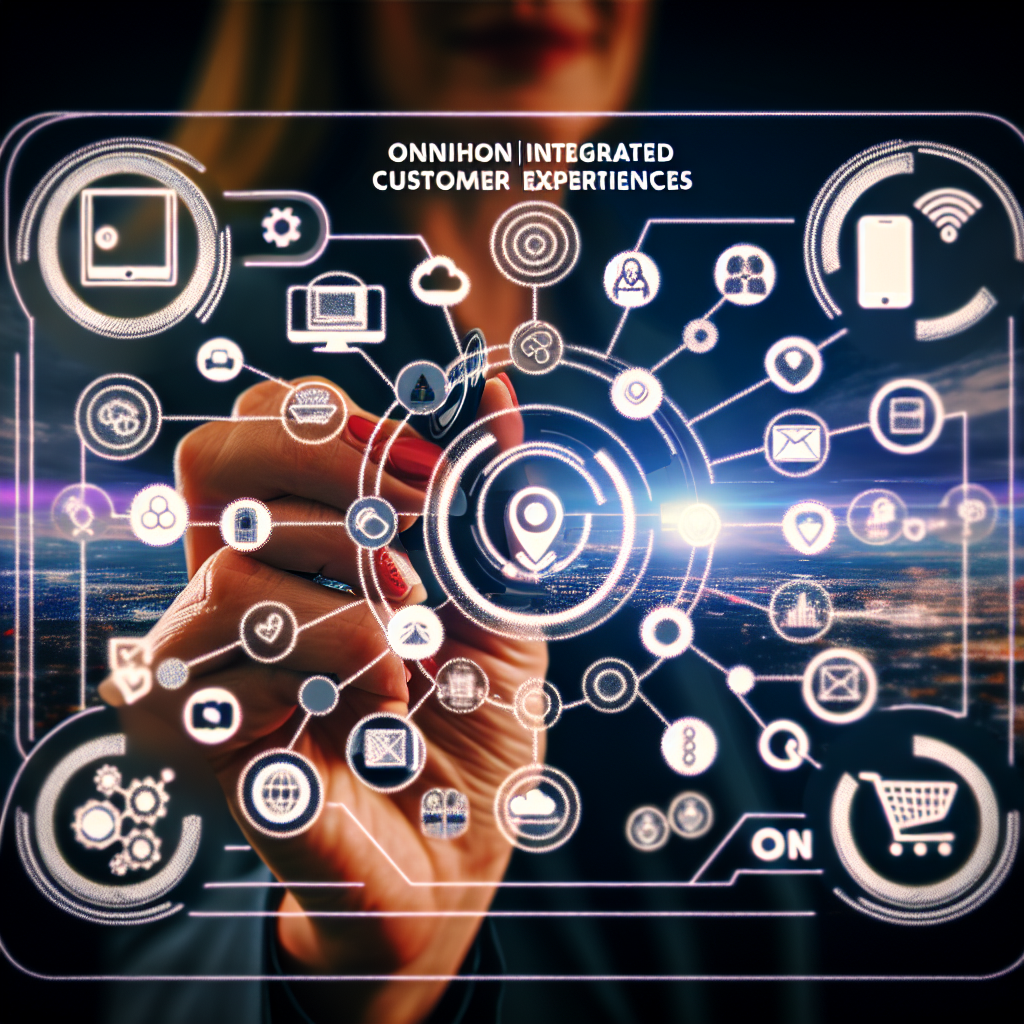Mastering Omnichannel Experiences: A Comprehensive Guide for 2023
In the evolving digital landscape, mastering omnichannel experiences has become paramount for businesses in 2023. An omnichannel approach seamlessly integrates various channels, such as physical stores, websites, social media, and mobile apps, to ensure a unified and consistent customer experience. This methodology not only enhances customer satisfaction but also drives loyalty and boosts revenue.
What is an Omnichannel Experience?
An omnichannel experience refers to the delivery of a cohesive, integrated customer journey across multiple channels and touchpoints. Unlike a multichannel approach where each channel operates in silos, omnichannel integrates them to provide a seamless and holistic experience. For instance, a customer might start shopping on a website, receive promotions via email, and complete the purchase in a physical store, with each interaction building upon the previous one.
The Importance of Omnichannel in 2023
The need for an omnichannel strategy has never been greater. Consumers today expect a unified shopping experience that caters to their needs across various platforms. By implementing an omnichannel approach, businesses can meet these expectations, resulting in higher customer retention and increased sales. Moreover, it helps companies gather comprehensive data on customer behavior, allowing for better-targeted marketing efforts and personalized experiences.
Key Components of a Successful Omnichannel Strategy
To create a successful omnichannel strategy, businesses must focus on several key components:
- Consistent Branding: Ensure that your brand message, design, and tone are consistent across all platforms.
- Integrated Technology: Use technology that allows for the seamless integration of all customer touchpoints, such as CRM systems and omnichannel platforms.
- Personalization: Leverage data analytics to offer personalized experiences tailored to individual customer preferences.
- Responsive Customer Service: Provide timely and effective customer support across all channels, including social media, email, and live chat.
Real-World Examples of Omnichannel Success
Several companies have successfully implemented omnichannel strategies to enhance customer experiences. Notable examples include:
- Starbucks: The coffee giant uses its mobile app to offer personalized rewards, seamless mobile payment options, and in-store loyalty programs.
- Sephora: The beauty retailer integrates online and in-store experiences with features like virtual try-ons, personalized recommendations, and the ability to book in-store services online.
- Disney: The entertainment company offers a cohesive experience through its My Disney Experience app, allowing visitors to plan their trips, reserve dining, and manage park tickets.
Challenges in Implementing Omnichannel Experiences
While the benefits of an omnichannel approach are clear, implementing it comes with its own set of challenges. These include:
- Data Integration: Combining data from various sources to create a single view of the customer can be complex.
- Technology Compatibility: Ensuring different systems and platforms work together seamlessly requires careful planning and investment.
- Maintaining Consistency: Keeping the customer experience consistent across all channels can be difficult, especially for large businesses with numerous touchpoints.
- Resource Allocation: Developing and maintaining an omnichannel strategy requires significant resources, both in terms of time and investment.
Future Trends in Omnichannel Experiences
As technology continues to evolve, so too will omnichannel experiences. Key trends to watch for in 2023 include:
- Artificial Intelligence (AI) and Machine Learning: These technologies will enable even greater personalization and predictive analytics, allowing businesses to anticipate customer needs and preferences.
- Voice Commerce: With the rise of smart speakers and voice assistants, voice commerce is set to become an integral part of the omnichannel experience, offering new ways for customers to interact with brands.
- Augmented Reality (AR) and Virtual Reality (VR): AR and VR will continue to enhance the customer experience, providing immersive and interactive ways to engage with products and services.
- Blockchain Technology: Blockchain can enhance transparency and security across the supply chain, offering customers increased trust in the brands they choose.
FAQs
Why is an omnichannel experience important?
An omnichannel experience is crucial because it ensures a seamless and consistent customer journey across all touchpoints, leading to increased satisfaction and loyalty. Businesses that deliver a unified shopping experience are better positioned to meet customer expectations and drive higher engagement.
How can businesses measure the success of their omnichannel strategy?
Businesses can measure the success of their omnichannel strategy through key performance indicators (KPIs) such as customer satisfaction scores, retention rates, sales growth across channels, and the effectiveness of personalized marketing campaigns. Tracking these metrics allows companies to refine and optimize their approach continually.

